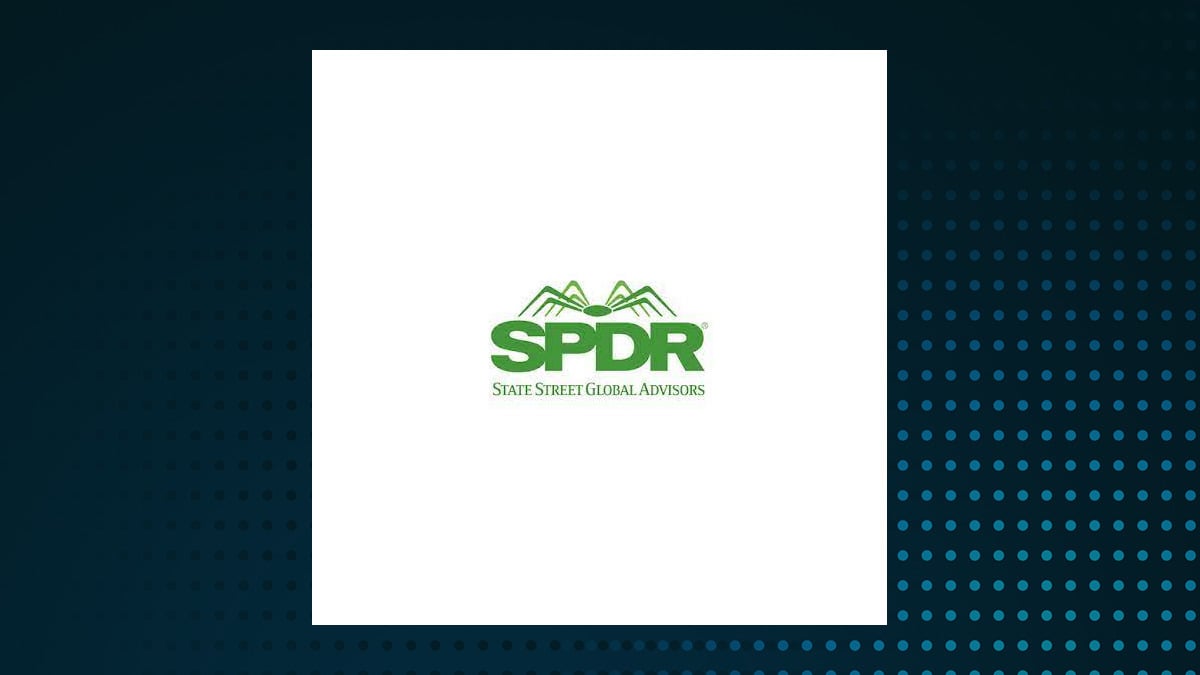Vehicles by Chinese EV manufacturer BYD at the Port of Guangzhou, in China, on Feb. 22. PEDRO PARDO/AFP/Getty Images Norway has no tariffs on Chinese-made electric vehicles, and look what’s happening.
Five years ago, Chinese cars were a zero in the Norwegian market; today, they’re at 10 per cent – and rising. Tesla’s TSLA-Q share is going in the opposite direction. Norway, where most new cars are EVs, must fill Tesla investors and its boss, Elon Musk, with dread.

EV sales are rising globally, and countries that apply low or no duties on imported EVs are seeing sales of Chinese cars surge. China is the world’s largest maker and exporter of EVs, with sales up 40 per cent, to 11 million vehicles, in 2024, according to the China Association of Automobile Manufacturers. Exports of EVs and plug-in hybrids, collectively known as new-energy vehicles, grew 24 per cent.
The era of the Chinese EV is arriving, and all the Western automakers will suffer, as if they needed more bad news. Europe is selling almost three million fewer cars each year than it did before the pandemic hit in 2020. Car factories are closing or barely ticking over, perhaps waiting to be commandeered by weapons makers to make tanks and artillery pieces.
European car companies’ sales in China, once their greatest growth market, are falling fast as Chinese brands go from cheapo rattletraps to high-performance machines whose EV versions can compete in quality with BMW, Mercedes and Volkswagen at far lower prices. In the United States, the auto sector is getting bashed by Donald Trump’s savage tariffs, including a 25-per-cent levy on cars and auto parts not made in the United States (those compliant with the United States-Mexico-Canada Agreement will be exempt). Since about half of the 16 million cars and light trucks sold in the U.
S. are imported, and the foreign content of the ones assembled domestically is about 50 per cent, showroom prices will rise US$5,000 to US$10,000, various analysts have said. Car sales will surely fall.
No wonder investors are fleeing. Shares of Stellantis STLA-N (Jeep, Dodge, Chrysler, Fiat, Alfa Romeo) got slaughtered this week and are now down more than 60 per cent in the past year. Ford F-N is down 29 per cent.
General Motors GM-N is up slightly but well off its November peak, when Mr. Trump was elected and billed as the most business-friendly president since Ronald Reagan. And Tesla? The No.
1 seller of EVs in North America by a long shot has shed 55 per cent of its value since its peak of US$488 a share in December Tesla is largely insulated from Mr. Trump’s tariff blitz because the cars it sells in the United States are made there and use mostly American components. It is also protected by the 100-per-cent tariffs on Chinese-made EVs that were brought in by former U.
S. president Joe Biden (Canada matched the Biden tariffs). Working against Telsa is the boycott among haters of Mr.
Musk and his MAGA crusade, which sees him doing Mr. Trump’s dirty work by firing tens of thousands of U.S.
government employees. Tesla sales are falling everywhere, especially in Europe, where in February they were down 40 per cent year-over-year. Overall first-quarter sales were down 13 per cent.
More than a few Tesla dealerships and charging stations have been vandalized or torched. Sales in the United States are sagging, too, even as Mr. Trump urges MAGA supporters to load up on Muskmobiles, not Ford pickup trucks.
It’s far from certain they will. Teslas are expensive, and polling shows that Republican supporters are less well off than Democrats. The bright spot in the global car market is Chinese EVs.
BYD is the country’s top maker of battery-powered cars and the company is on fire. Its Hong Kong-listed shares are up 90 per cent in the past year. Sales in 2024 grew 29 per cent, to US$107-billion, easily surpassing Tesla’s US$98-billion.
BYD profits were up 34 per cent, and EV deliveries galloped past Tesla’s in the first three months of this year. Of course, the Chinese EV industry is heavily subsidized, allowing lower sticker prices. But so is Tesla, having received fortunes in government contracts, loans, subsidies and tax credits over the years.
Tesla is no slouch in the innovation game, but even here BYD is catching up to or surpassing its American rival. The Chinese company claims to have introduced an ultra-fast charger that can give its EVs 400 kilometres of range in five minutes – about the time it takes to fill the tank in a regular car. BYD is also pushing vertical integration by investing in some of the raw materials that go into batteries, such as lithium.
Smart move – doing so hands the company security of supply and pricing power. Mr. Trump’s auto tariffs, and Europe’s, will backfire on the Western auto companies.
Insulating them from Chinese competition will only delay their own EV progress. Norway shows that, in a tariff-free playing field, the Chinese can win – are winning – at Tesla’s expense..
Business

Chinese battery cars are the new threat to Elon Musk’s Tesla, as tariff-free Norway shows

The era of the Chinese EV is arriving, and all the Western automakers will suffer, as if they needed more bad news














